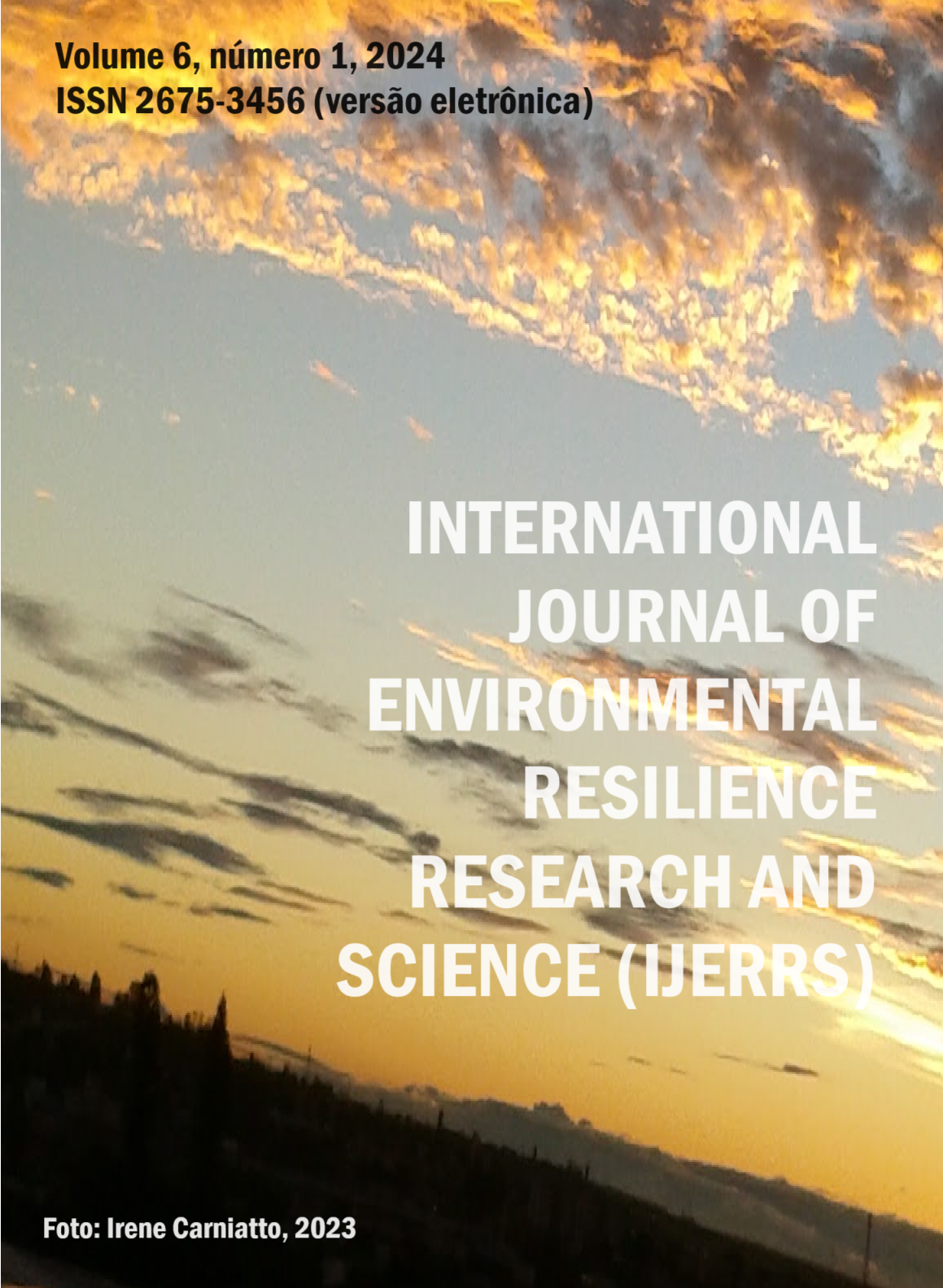Implicit Ecological Considerations on Paris Agreement
DOI:
https://doi.org/10.48075/ijerrs.v6i3.32057Resumo
The object of this study is the structure of the Paris Agreement on the attribution of transparency, the Nationally Determined Contributions, support for the economy and reduction of the emission of polluting gases with consequences of environmental constitutionalism in the Risk Society. The method used to approach is the inductive, through the investigation of bibliographies, rules and laws. The Paris Agreement has not favored mitigation by the international cooperation, although it does offer financing strategies for development projects. Sophisticating documents is not showing the ecological sustainability of human rights as a relationship between all forms of life. Everyone involved in this process needs to have a true and cohesive democratic participation, favoring a new conscience, access to information, popular participation in legislative processes, in decision making and access to environmental justice strengthen the environmental preservation in all its levels.
Downloads
Publicado
Como Citar
Edição
Seção
Licença
Copyright (c) 2024 International Journal of Environmental Resilience Research and Science

Este trabalho está licenciado sob uma licença Creative Commons Attribution-NonCommercial-ShareAlike 4.0 International License.
Aviso de Direito Autoral Creative Commons
Política para Periódicos de Acesso Livre
Autores que publicam nesta revista concordam com os seguintes termos:
1. Autores mantém os direitos autorais e concedem à revista o direito de primeira publicação, com o trabalho simultaneamente licenciado sob a Licença Creative Commons Attribution que permite o compartilhamento do trabalho com reconhecimento da autoria e publicação inicial nesta revista.2. Autores têm autorização para assumir contratos adicionais separadamente, para distribuição não-exclusiva da versão do trabalho publicada nesta revista (ex.: publicar em repositório institucional ou como capítulo de livro), com reconhecimento de autoria e publicação inicial nesta revista.
3. Autores têm permissão e são estimulados a publicar e distribuir seu trabalho online (ex.: em repositórios institucionais ou na sua página pessoal) a qualquer ponto antes ou durante o processo editorial, já que isso pode gerar alterações produtivas, bem como aumentar o impacto e a citação do trabalho publicado (Veja O Efeito do Acesso Livre).
Licença Creative Commons
Esta obra está licenciada com uma Licença Creative Commons Atribuição-NãoComercial-CompartilhaIgual 4.0 Internacional, o que permite compartilhar, copiar, distribuir, exibir, reproduzir, a totalidade ou partes desde que não tenha objetivo comercial e sejam citados os autores e a fonte.









